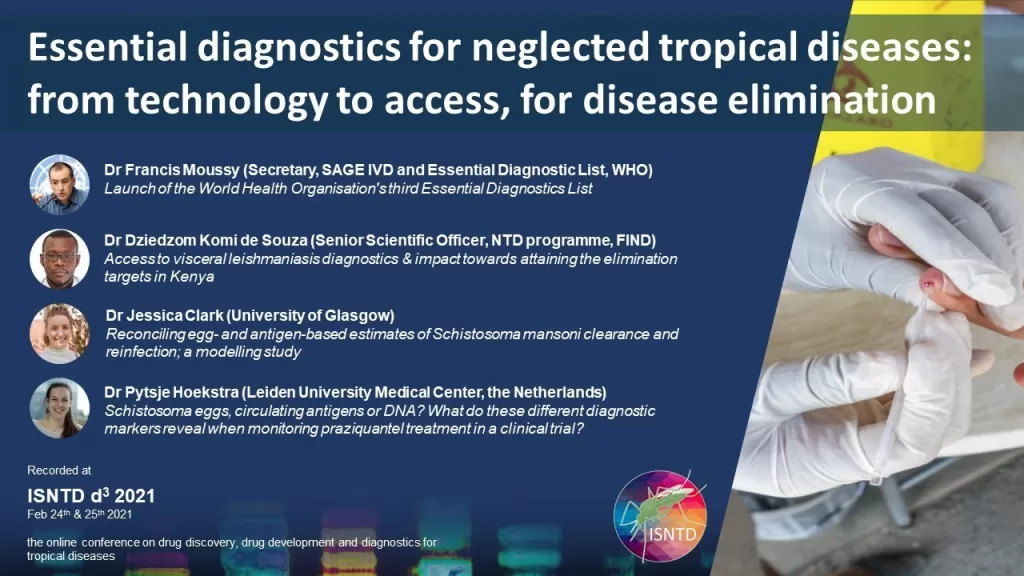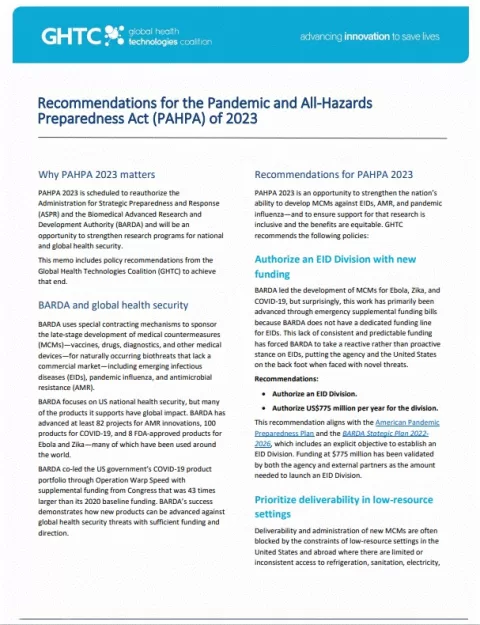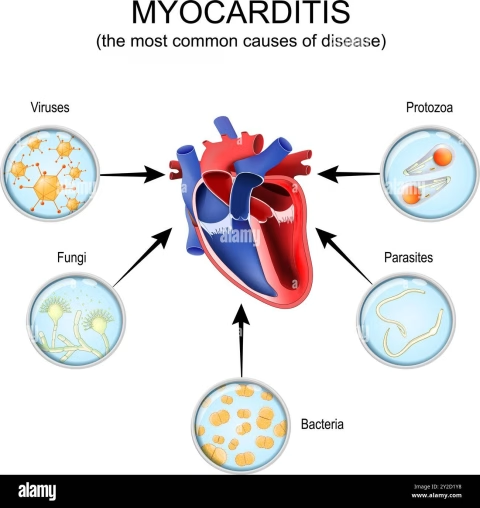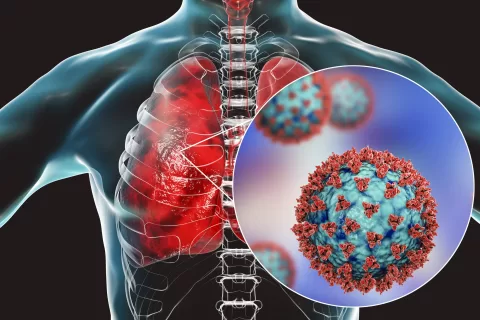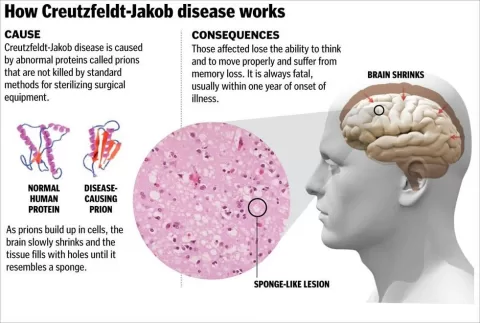Tropical disease treatment has taken a promising leap forward with recent findings that combine two effective medications for neglected tropical diseases—a condition that impacts over 1.5 billion people globally. Researchers have highlighted the effectiveness of a fixed-dose combination (FDC) medication that pairs ivermectin with albendazole in tackling intestinal worm infections, specifically those caused by Trichuris trichiura and other soil-transmitted helminths (STH). This innovative approach not only shows superior results compared to albendazole alone but also maintains a similar safety profile, making it appealing for widespread use. As STH infections predominantly afflict populations in tropical regions with inadequate sanitation, this advancement could signal a turning point in public health strategies aimed at tackling these neglected tropical diseases. By potentially incorporating these findings into mass deworming programs, health authorities can enhance the effectiveness of their interventions, ensuring a healthier future for vulnerable communities.
The treatment strategies for diseases prevalent in tropical areas, often referred to as tropical disease management, are evolving with groundbreaking research and developments. This method addresses infections from intestinal parasites like soil-transmitted helminths, which include notorious species causing widespread health issues. The innovative use of medications like ivermectin in conjunction with albendazole represents a significant shift from traditional approaches historically reliant on single-drug therapies. By improving the efficacy of treatment regimens, healthcare practitioners can better combat these persistent public health challenges. As the understanding of these infections deepens, so does the potential for integrated strategies to reduce the burden of diseases such as those caused by intestinal worms in vulnerable populations.
Overview of Soil-Transmitted Helminth Infections
Soil-transmitted helminth (STH) infections pose a significant global health challenge, affecting approximately 1.5 billion individuals worldwide. These infections are primarily caused by parasitic worms, such as whipworms, roundworms, and hookworms, which thrive in conditions of poor sanitation associated with tropical and subtropical climates. The life cycle of these parasites begins when humans inadvertently ingest eggs that have been shed into the soil through feces. Children and pregnant women are particularly at risk, as these infections can lead to severe health outcomes, including anemia and malnutrition.
Preventative measures, such as drug therapy, have been implemented to combat STH infections, with the World Health Organization recommending oral dosing of drugs like albendazole and mebendazole. However, issues such as resistance development against treatments, particularly for T. trichiura, have necessitated innovative approaches in managing these neglected tropical diseases. With the emergence of new combination therapies, researchers are exploring more effective solutions to not only reduce infection rates but also improve overall health outcomes in affected populations.
The Role of Ivermectin and Albendazole in Treatment
Ivermectin and albendazole are both crucial antiparasitic medications used in the treatment of various helminth infections, including STH. Recent clinical trials have indicated that a fixed-dose combination (FDC) of these two drugs significantly enhances treatment efficacy against T. trichiura compared to the use of albendazole alone. This innovative combination regimen not only maintains a safety profile comparable to monotherapy but also provides a dual-action approach to combating infections resistant to single agents. Such promising results have encouraged efforts to integrate this FDC into existing public health strategies for managing intestinal worm infections.
Moreover, ivermectin stands out for its effectiveness against Strongyloides stercoralis, a resilient intestinal worm that is not responsive to albendazole. With the combination treatment showing higher cure rates in clinical trials, researchers are optimistic about its application in both mass deworming initiatives and targeted treatment plans for specific populations. This advancement is particularly important as traditional treatment strategies are re-evaluated in light of emerging resistance trends, enabling healthcare providers to enhance the effectiveness of their parasitic disease management.
Tropical Disease Treatment Innovations
Tropical Disease Treatment Innovations
Recent innovations in tropical disease treatment, particularly for neglected tropical diseases (NTDs) like STH infections, have revealed encouraging results. The introduction of a mango-flavored orodispersible tablet combining ivermectin and albendazole exemplifies a significant step forward in enhancing treatment acceptability among children. This FDC tablet is not only easy to administer but also appeals to young patients due to its palatable flavor, addressing a crucial barrier often observed in pediatric medicine. The success of this formulation in clinical trials demonstrates how patient comfort can lead to improved compliance and, in turn, better health outcomes.
Furthermore, the positive outcomes of clinical studies provide a robust foundation for potential widespread adoption of the FDC treatment approach in schools and communities most affected by STH infections. As the World Health Organization aims to reduce the burden of STH globally, the child-friendly formulation could be pivotal in mass deworming campaigns that seek to reach millions in endemic regions. By addressing not only the medical but also the social and cultural aspects of treatment uptake, such innovations hold the promise of significantly mitigating the impact of neglected tropical diseases.
Frequently Asked Questions
What is the role of ivermectin and albendazole in the treatment of neglected tropical diseases?
Ivermectin and albendazole are critical in the treatment of neglected tropical diseases, particularly for controlling soil-transmitted helminth (STH) infections. Studies have shown that a fixed-dose combination (FDC) of these two medications is more effective than albendazole alone, significantly improving cure rates for intestinal worm infections like Trichuris trichiura and hookworm. This combination is part of a broader strategy recommended by the World Health Organization (WHO) to combat these widespread infections.
How effective is the fixed-dose combination (FDC) of ivermectin and albendazole in treating intestinal worm infections?
The fixed-dose combination (FDC) of ivermectin and albendazole has demonstrated high efficacy in treating intestinal worm infections. In recent clinical trials, FDC treatment models showed cure rates of 97.2% for Trichuris trichiura with three doses, and 95.0% for hookworm, outperforming albendazole alone, which had a cure rate of only 35.9% for T. trichiura. This highlights the potential for using FDC medications in mass deworming programs to effectively control neglected tropical diseases.
What is the significance of combining ivermectin with albendazole for soil-transmitted helminth infections?
Combining ivermectin with albendazole is significant because it enhances the treatment efficacy for soil-transmitted helminth (STH) infections. The combination targets multiple parasites, including those resistant to albendazole, such as Strongyloides stercoralis. The trial findings indicate that this approach could potentially lead to higher clearance rates and better control of these infections, ultimately improving public health in endemic regions.
Are there any safety concerns with the use of ivermectin and albendazole for treating tropical diseases?
Safety concerns regarding the use of ivermectin and albendazole for treating tropical diseases are minimal. Recent trials reported that adverse events were mostly gastrointestinal, with similar frequencies among treatment groups and no serious complications. Both medications are well-accepted, especially when administered in a palatable form, making them suitable for widespread use in controlling neglected tropical diseases.
What are the recommendations for using FDC medication for STH control in at-risk populations?
The recommendation for using FDC medication for soil-transmitted helminth (STH) control includes implementing a single-dose deworming regimen as part of mass treatment programs in at-risk populations. This approach is endorsed by the World Health Organization (WHO) to effectively reduce the incidence of STH infections. The effective three-day regimen can also be utilized for individuals requiring targeted treatment, addressing both individual and community health needs.
What are neglected tropical diseases and how do ivermectin and albendazole help?
Neglected tropical diseases (NTDs) include a range of infectious diseases that predominantly affect vulnerable populations in tropical regions. Ivermectin and albendazole help by effectively treating various NTDs, particularly soil-transmitted helminths such as whipworms and hookworms. Their combination as a fixed-dose medication has shown significant improvements in treatment outcomes and acceptance among affected populations, thus playing a crucial role in alleviating the burden of these diseases.
| Key Points |
|---|
| A randomized controlled trial showed a mango-flavored tablet combining ivermectin and albendazole is effective against intestinal worm infections. |
| The study, conducted among school-aged children in Ethiopia, Kenya, and Mozambique, demonstrated better efficacy compared to albendazole alone. |
| Soil-transmitted helminth (STH) infections affect 1.5 billion people annually and are primarily caused by whipworms, roundworms, and hookworms. |
| The treatment showed a 97.2% cure rate for Trichuris trichiura (whipworm) in the group receiving three doses of the fixed-dose combination. |
| Adverse events were mild and resolved quickly, indicating that the treatment was safe for children. |
| Investors propose the new tablet could change mass deworming programs for STH infections, including Strongyloides. |
| A palatability study showed high acceptance among participants regarding the taste and texture of the new formulation. |
Summary
Tropical disease treatment is significantly advanced by the recent findings regarding a novel mango-flavored tablet that combines two well-known treatments for neglected tropical diseases. This trial not only provided evidence for improved efficacy against common intestinal infections but also emphasized safety and acceptability among children. The implications of these results could reshape strategies for the mass control of soil-transmitted helminths, ultimately improving health outcomes for millions affected by these infections across tropical regions.
The content provided on this blog (e.g., symptom descriptions, health tips, or general advice) is for informational purposes only and is not a substitute for professional medical advice, diagnosis, or treatment. Always seek the guidance of your physician or other qualified healthcare provider with any questions you may have regarding a medical condition. Never disregard professional medical advice or delay seeking it because of something you have read on this website. If you believe you may have a medical emergency, call your doctor or emergency services immediately. Reliance on any information provided by this blog is solely at your own risk.



